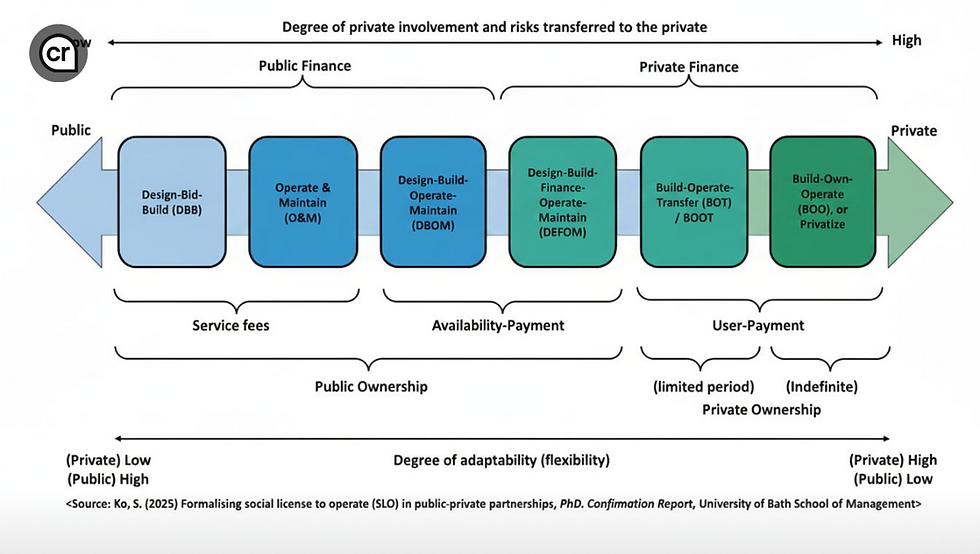The building blocks for successful citywide sanitation systems
- bluechain

- May 6, 2021
- 2 min read
In cities, formal sanitation systems by and large focus on financing and managing piped sewerage infrastructure. In many areas, these sewer systems are non-existent and where they do exist, they are limited to certain areas of a city and do not serve vulnerable informal communities.
Non-sewered sanitation systems that are based on pit latrines, septic tanks or container-based solutions on the other hand are treated as a household responsibility to be addressed by the private sector. These uncoordinated systems fail to protect public health, safety or inclusivity outcomes. With less than ten years to achieve the SDG targets, the inherent failures associated with sanitation service markets must be corrected to achieve these outcomes.

To support safe and healthy urban environments, sanitation services must be organised into public service systems. This does not imply that the public sector has the sole responsibility, the private sector too can play a key role within a publicly managed system. However, for these systems to function, safely, at scale and inclusively so as to ensure safe, equitable and sustained services for all residents in a city, Citywide Inclusive Sanitation (CWIS) is fundamentally dependent on three things: responsibility, accountability, and resource planning and management.
Led by the the Eastern and Southern Africa Water and Sanitation Regulators Association (ESAWAS) in partnership with Bluechain Consulting, Urban Research and WSUP, our CWIS paper series looks at the role of each of these three functions, how they tend to be implemented or overlooked, and how they interact with the other functions.
Download the papers here:
Citywide inclusive urban sanitation: who has responsibility?
This short publication looks at the function of responsibility: the extent to which sanitation authorities are clearly mandated. The publication outlines a typology of the main approaches to defining and assigning mandates for sanitation services to one or more responsible authorities; and provides an overview of examples, exceptions, and implications of these approaches.
Citywide inclusive urban sanitation: ensuring accountability
Accountability mechanisms help create the incentives that align the mandated entity’s own interests with the public good. Accountability requires a) that mandated entities have clear performance objectives; b) that mechanisms are in place to ensure rigorous monitoring of performance against those objectives; and c) that tracking outcomes translate into incentives for mandated entities. In this paper, we briefly explore the accountability mechanisms that can be applied to the different service provision mandate structures identified in our parallel paper on responsibilities.
Citywide inclusive urban sanitation: resource planning and management
Scarce global finance for urban sanitation makes its efficient use an imperative. Effective resource management and planning is critical to enable finance to be mobilised, well targeted, and accounted for. The enabling environment to support resource management and planning includes a combination of clear policies and mandates, transparent decision making, and strong accountability systems. To provide some initial insights into these issues, a desk review was undertaken of over 40 urban sanitation investments in 28 countries across Africa, Asia and Latin America.
Of course, these are huge topics. We hope these introductory publications will be useful in mapping the landscape and in setting out key concepts. We will be exploring the three functions in more depth, drawing on country-level case studies, in a series of longer publications to follow later this year. Watch this space!

Photo Credit: Chris Terry - https://www.christopherterry.com






Comments